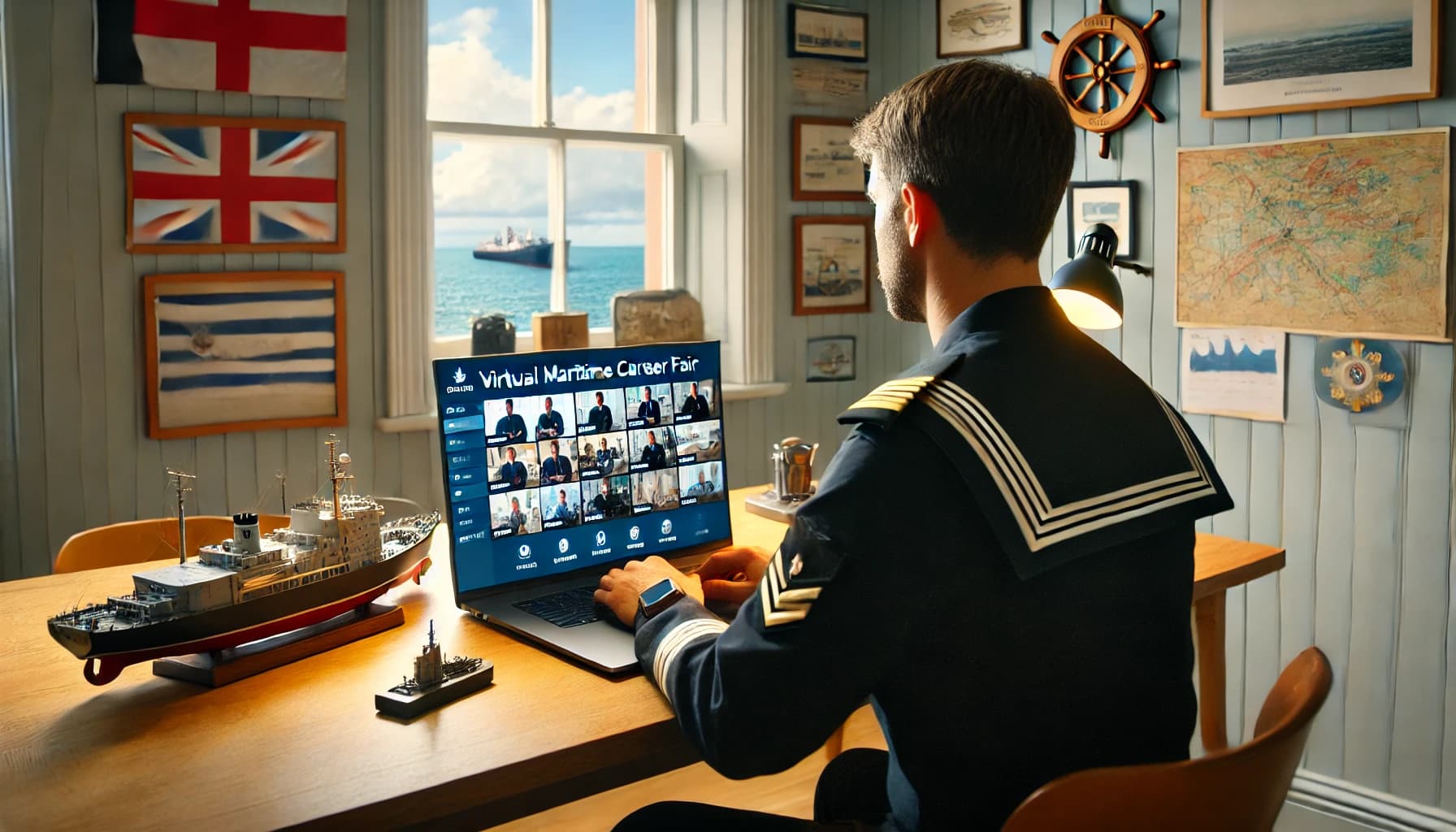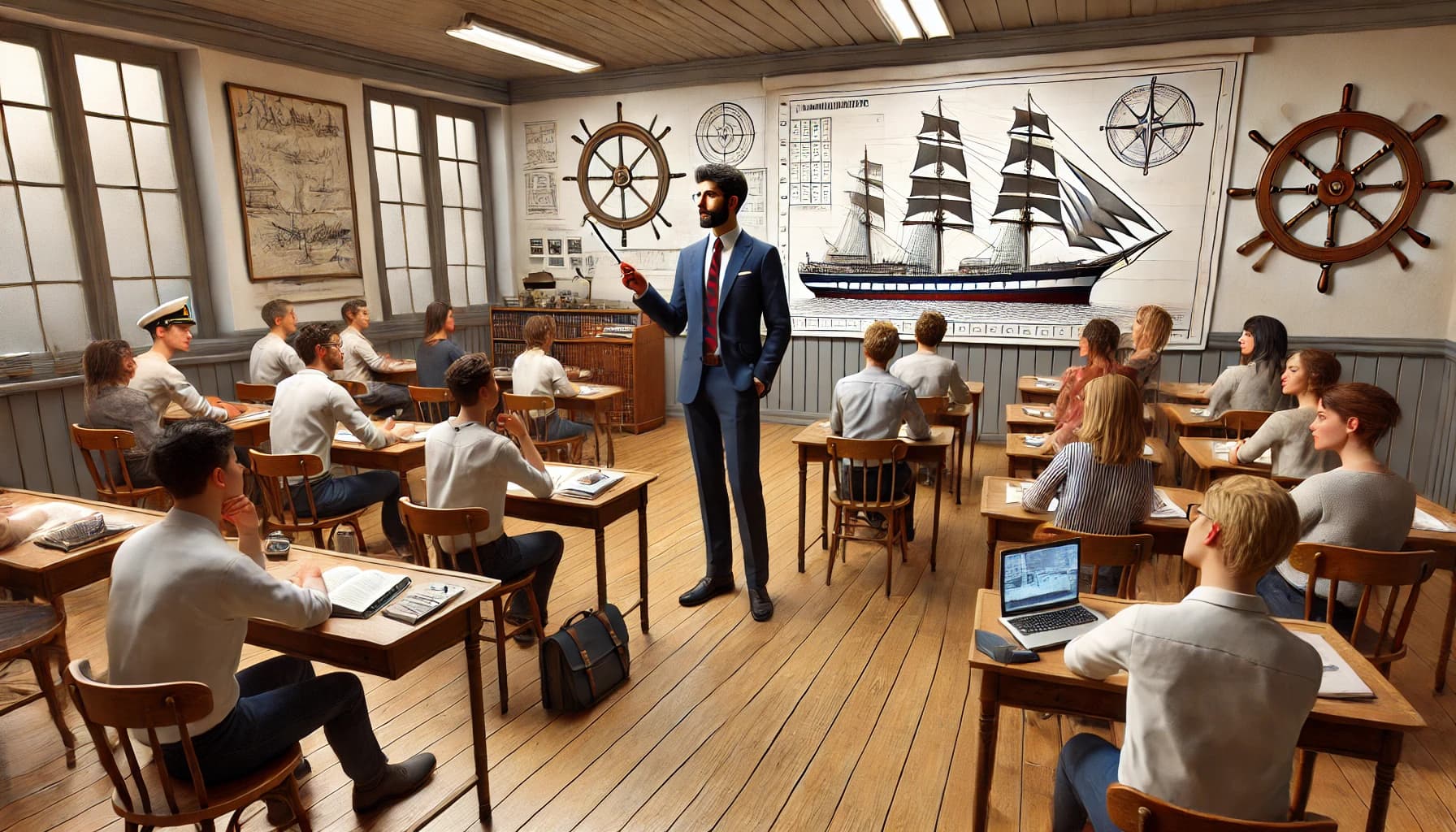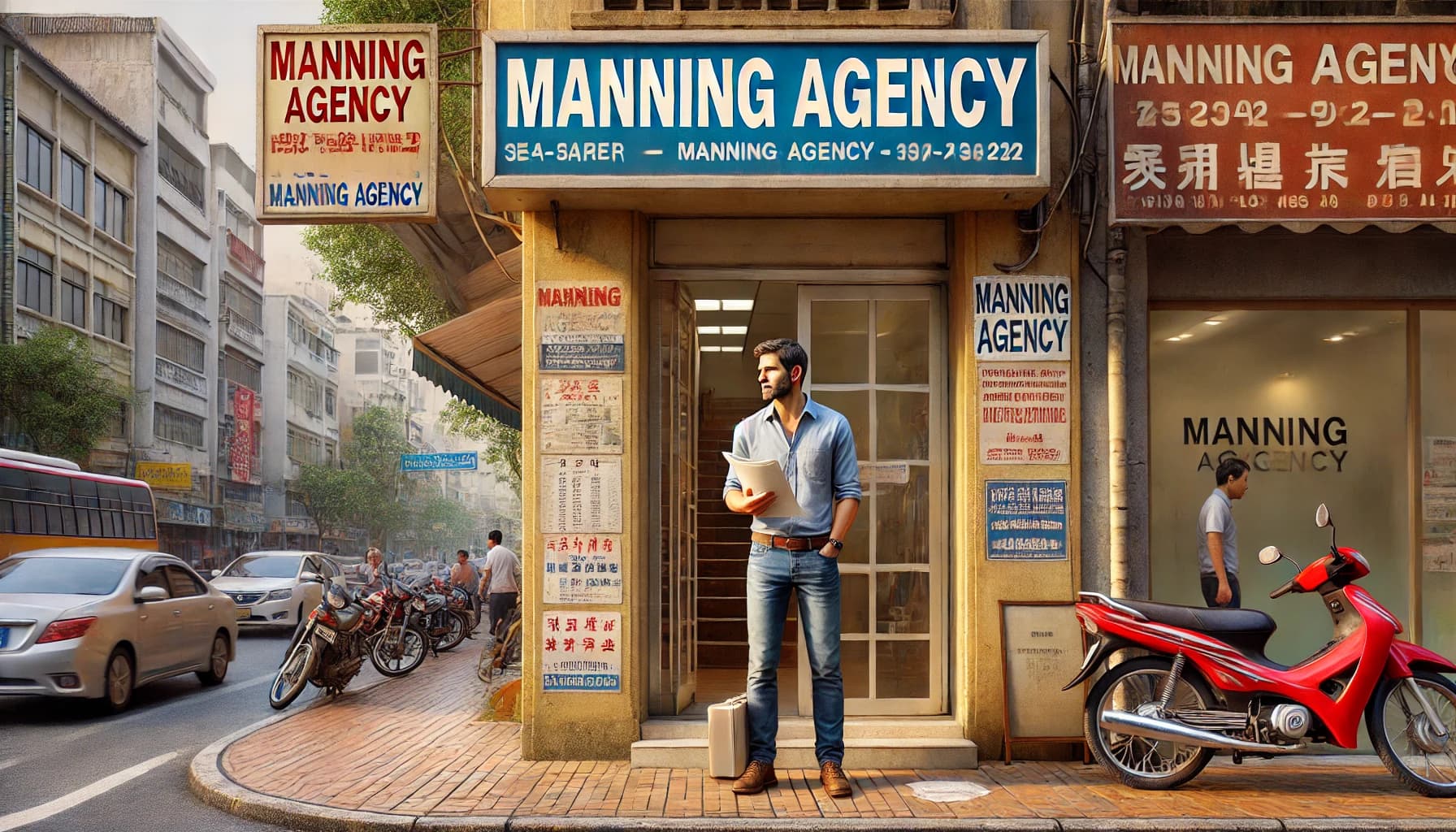When Is the Best Time to Start Your Maritime Job Search?
Jun 19, 2025 · 10 mins read ·
Job Seeker Tips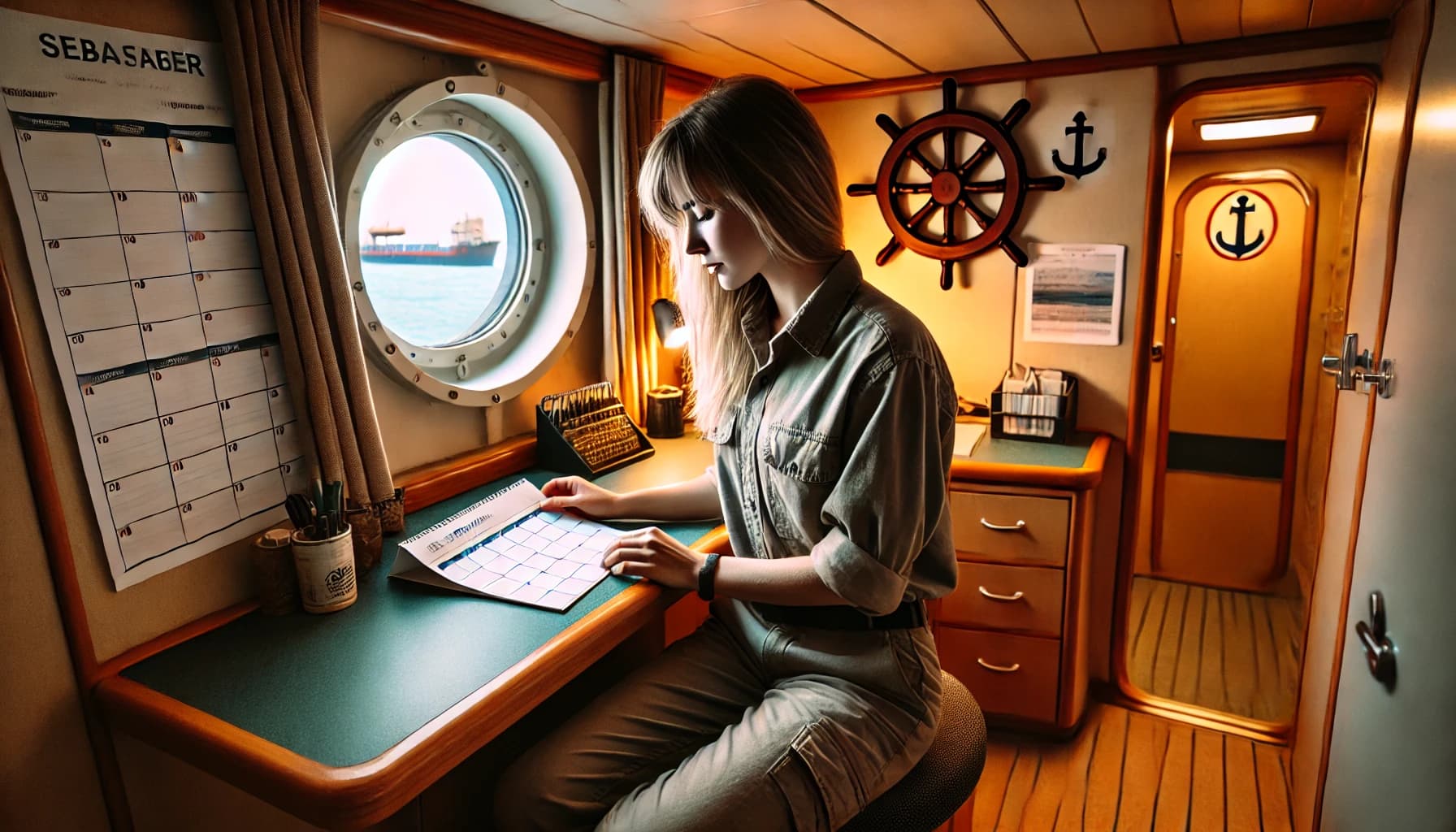
If you’re a seafarer you’re probably already well aware that maritime job hunting isn’t as simple as sending out a few applications and landing a job the following week. Unlike shore-based jobs, where you can walk into interviews or start a new role within days, finding work in the shipping industry requires careful timing, planning, and preparation.
If you’re relatively new in your maritime career and are still learning the ropes and figuring out how best to find and apply for jobs, this blog post should have some helpful information for you, so keep reading!
Most seafarers begin looking for their next contract 2-3 months before their current one ends - and for good reason. If you wait too long, you could find yourself stuck onshore without work or scrambling for a position that doesn’t suit your experience and expectations.
So, when exactly is the best time to start your maritime job search? And how can you do it efficiently whether you’re still at sea or already on land? Let’s dive in - pun intended.
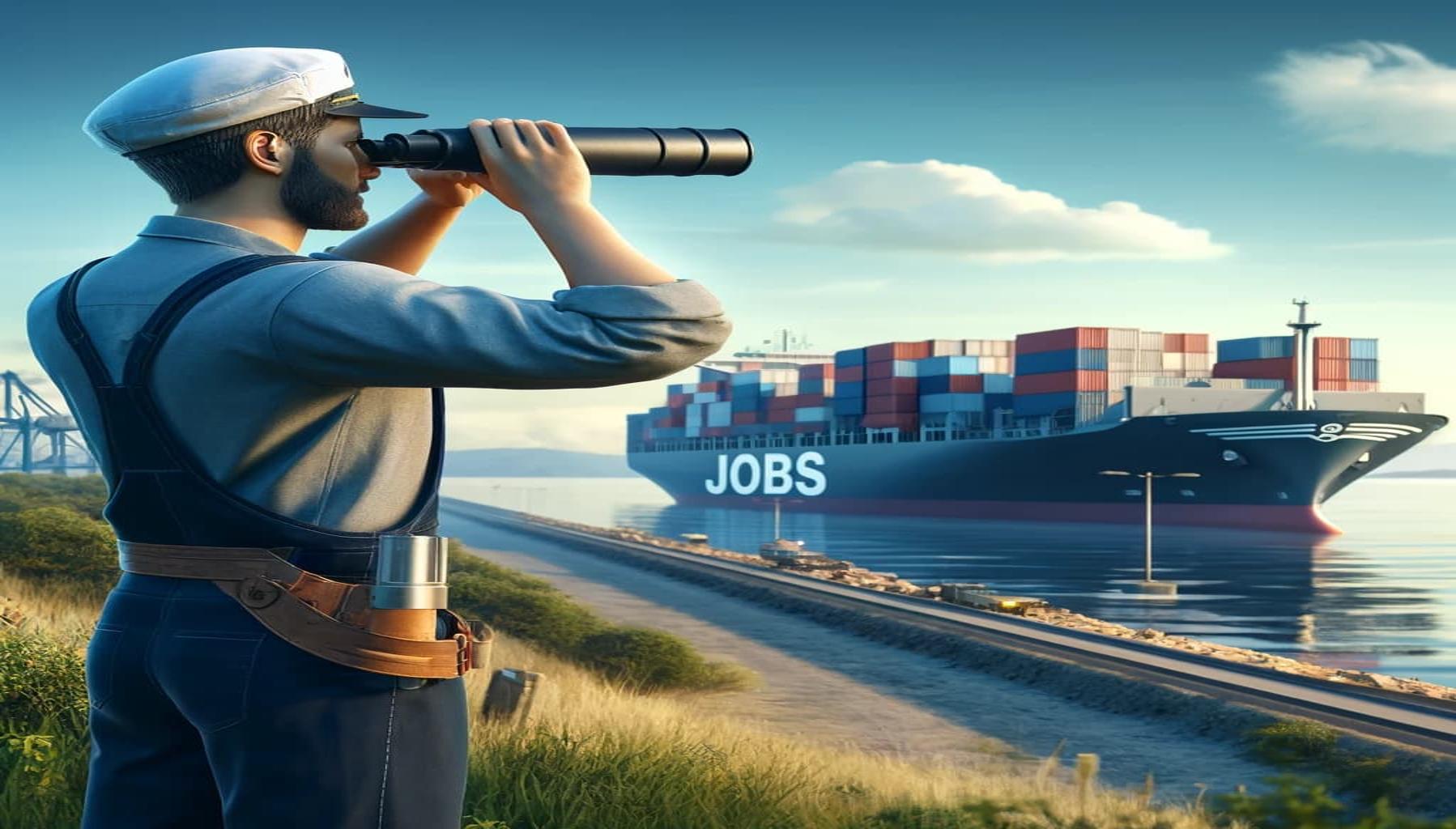
Why you should start maritime job hunting early
As the saying goes, time is money, and that’s precisely why you need to be on the ball when it comes to making sure you have your next seafaring contract lined up in good time. Here are some other reasons why.
1. Avoiding unnecessary gaps between contracts
One of the biggest risks of waiting too long to look for your next maritime job contract is ending up unemployed for weeks or even months. Shipping companies and crewing agencies plan rotations in advance, and if you start searching too late, you may miss out on available opportunities.
Many seafarers aim for as little downtime as possible between contracts. Unless you’re planning to take an extended break, an early job search ensures you line up your next contract smoothly and return to work as soon as you're ready.
Read more: Don't Make These 6 Mistakes When Looking for a Maritime Job!
2. Securing the best opportunities
The best maritime jobs are competitive. Experienced officers, engineers, and ratings often have multiple options, and the most desirable roles get filled quickly. If you delay your job search, you might be left choosing between limited options - or accepting a contract with lower pay, tougher conditions, or an unfamiliar vessel type.
By starting your search 2-3 months in advance, you’ll have more time to apply for better offshore or seafarer jobs, negotiate your salary, and ensure a contract aligns with your maritime career goals.

3. Giving yourself time for the recruitment process
Getting hired as a seafarer isn’t just about applying and waiting for an offer - there are multiple steps involved, including:
- Submitting applications and waiting for responses
- Interviews (which may happen in stages)
- Medical checks and certifications
- Visa and travel document processing
- Company-specific training or assessments
All of this takes weeks or even months, so leaving plenty of time ensures you’re not rushing or missing out on key steps.
Read more: How to Prepare for a Skype or Zoom Seafarer Job Interview
How to search for a job while you’re working at sea
Many seafarers start looking for their next job while they’re still onboard, especially in the final months of their contract. But since internet access can be limited, searching efficiently is key. Here’s how you can do it:
1. Update your seafarer CV before your contract ends
Before you disembark, make sure your CV (seafarer resume) is updated with your latest sea service details, experience, and certifications. This way, when you start applying, you won’t have to waste time making changes.
Tip: Save your CV in multiple formats (PDF, Word, etc.) and email it to yourself, so you can access it easily from any device. Your Martide seafarer profile also acts as a seaman resume and any employers or manning agencies who use Martide will be able to access your details and see your availability through our system. Just make sure your profile is up-to-date!

2. Reach out to your manning agency early
If you’re employed through a crewing or manning agency, contact them at least two months before your contract ends. Let them know:
- When you’re available for your next contract
- If you want to stay with the same shipping company or switch
- About any new certifications or promotions you’ve received
Many manning agencies prioritize seafarers they already know, so staying in touch keeps you on their radar for upcoming positions.
3. Use online job portals and social media
Even with limited internet, try to check maritime job portals whenever possible. Websites like:
- Crew and manning agency websites
- Online maritime job boards - such as Martide’s seafarer job vacancies)
- LinkedIn pages and Facebook accounts or groups (search for "maritime jobs" or "seafarer vacancies")
A quick check a few times a week can help you stay updated on open positions.
4. Network with other seafarers
Your crewmates, past coworkers, and officers can be valuable connections when looking for work. Many jobs in the maritime industry are filled through referrals and recommendations.
If you’re still onboard, ask around - someone might know of an opening that suits your skills.

How to search for a maritime job while you’re on land
If you’ve already disembarked and are onshore between contracts, you have more flexibility in your job search. Here’s how to maximize your time:
1. Register with multiple manning agencies
Even if you have a preferred crewing agency, it’s smart to register with multiple agencies to increase your chances of finding work. Send them your CV, certificates, and availability dates so they can match you with upcoming contracts.
Read more: What Seafarers Can Expect From a Professional Manning Agency
2. Check job listings daily
Now you’re onshore, access to the internet shouldn’t be a problem. New maritime job postings appear every day, so checking job sites regularly helps you apply early before positions fill up.
Tip: Set up email alerts on job portals so you get notified when a job matching your criteria is posted. On Martide’s maritime jobs page, simply hit the ‘Create Alert’ button and enter the rank and/or vessel type you’re interested in.
3. Attend virtual job fairs and recruitment events
Many shipping companies now hold online hiring events where you can connect with recruiters, learn about open roles, and even have video interviews. If you’re on land with a stable internet connection, attending these events can be a great way to secure your next contract.
4. Stay physically and medically ready
Since some maritime jobs require urgent crew changes, being medically fit and document-ready gives you an advantage. Therefore, make sure:
- Your STCW, medical, and other required certificates are valid
- Your seaman’s book and passport have enough validity for your next contract
- You’re up to date with any vaccinations required by your next destination

5. Be flexible but know your worth
While it’s good to have preferences regarding salary, vessel type, and voyage routes, being too picky can limit your opportunities. At the same time, don’t accept a bad contract out of desperation - negotiating your terms is part of the process.
And definitely don’t fall prey to a scammer agency who will do nothing more than take your money and give you false promises and bogus job offers in return. Remember: you should not have to pay to find work!
Final thoughts on when to look for a seafarer job
Let’s sum it up:
- Best time to start job hunting: 2-3 months before your contract ends
- If you’re still at sea: Contact agencies, update your CV, network onboard, and check job listings when possible
- If you’re on land: Register with agencies, apply consistently, attend virtual and IRL job fairs, and stay document-ready
The key to successful maritime job hunting is starting early, staying proactive, and keeping your options open. Whether you’re still onboard or between contracts, planning ahead ensures you don’t lose valuable work time - and helps you land the best possible position for your next contract.
Are you currently searching for your next maritime job? Take a look at our maritime job vacancies - all you need to do to apply is create a free Martide account and you could be on your way to your next seafaring contract.

Eve Church
Eve is Martide's content writer, publishing regular posts on everything from our maritime recruitment and crew planning software to life at sea. Eve has been writing professionally for more than two decades, crafting everything from SEO-focused blog posts and website landing pages to magazine articles and corporate whitepapers.
UK




